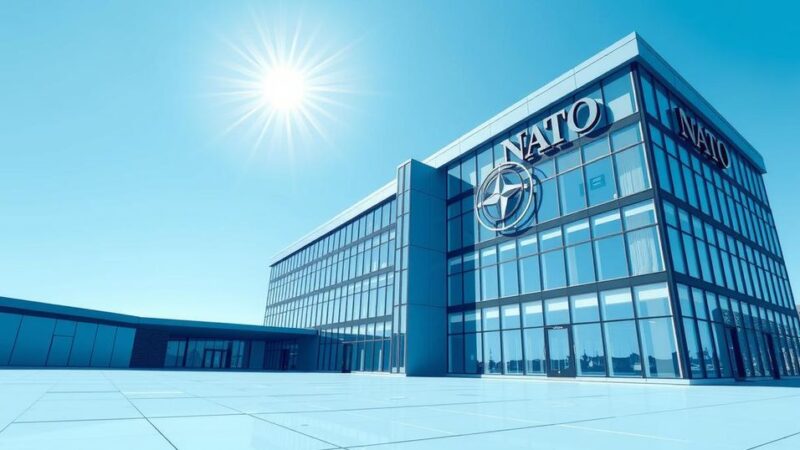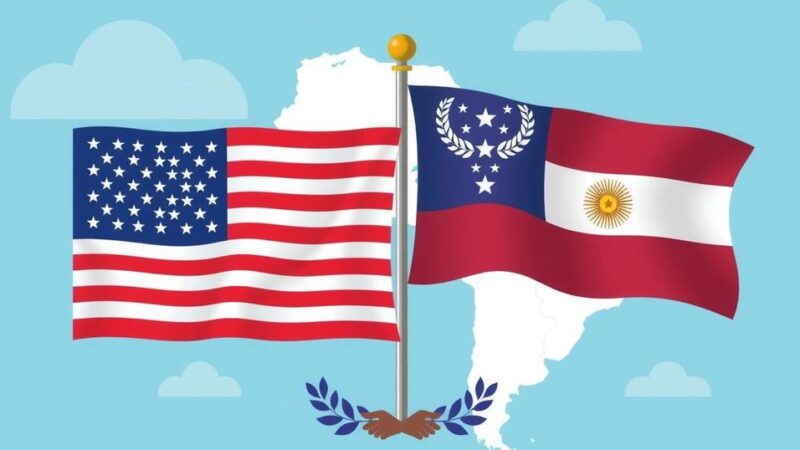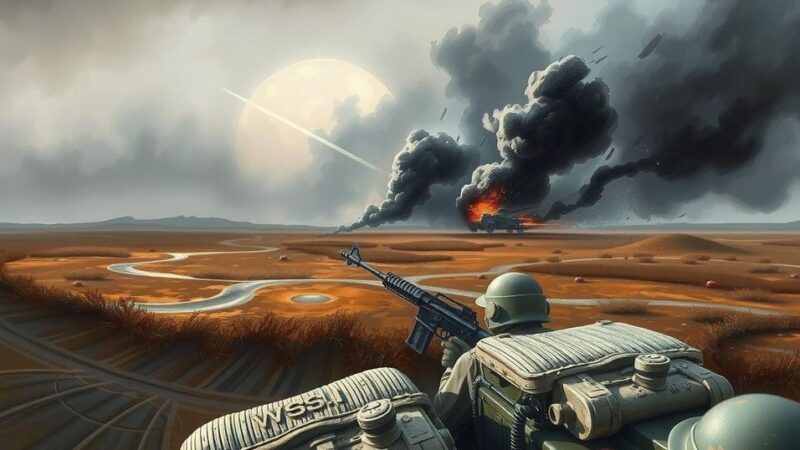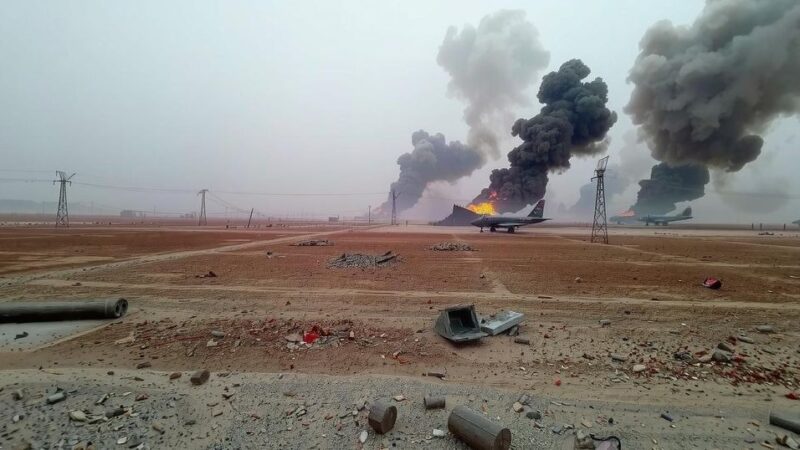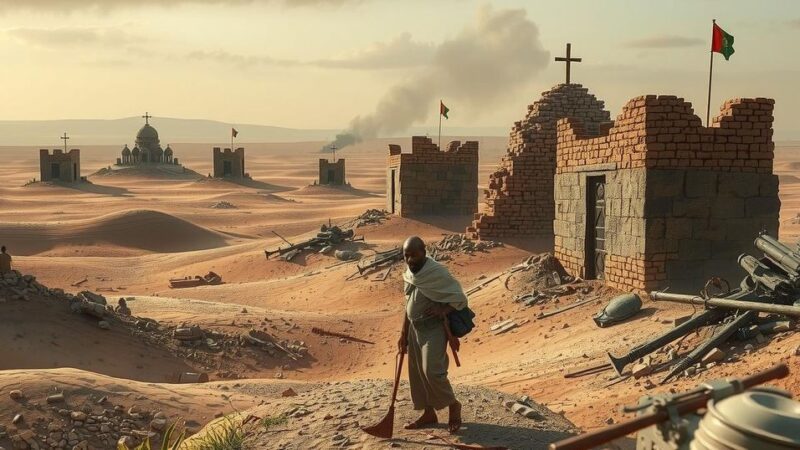Sudan’s civil war sees a shift as Gen. al-Burhan’s forces retake key locations, including the presidential palace. Despite victories, humanitarian crises persist due to international neglect. The situation also affects neighboring South Sudan, raising concerns over worsening conflicts in both nations.
International efforts to resolve Sudan’s civil war have so far been unsuccessful; however, recent military developments indicate a shift in the conflict’s dynamics. Recently, forces loyal to General Abdel Fattah al-Burhan secured the presidential palace in Khartoum from the Rapid Support Forces (RSF), led by General Mohamed Hamdan Dagalo, known as Hemedti. This comes after the RSF had previously ousted Burhan’s forces from the capital in April 2023, following the breakdown of their alliance.
The RSF had initially seized significant landmarks in Khartoum, including the gold market and the state media headquarters, but these areas have been regained by the Sudanese army over recent months. Most RSF fighters are now confined to the eastern and southern parts of the city, with a singular focus on defending a major bridge. Following the capture of the palace, the Sudanese army also reclaimed the central bank, underscoring their growing military strength. Support for Burhan’s army has been bolstered by Iran and Turkey.
Both factions have committed grievous human rights violations, leading to international condemnation. In January, the Biden administration imposed sanctions on Hemedti and RSF-associated companies, citing their involvement in mass atrocities against non-Arab ethnic communities in Darfur. Aid groups face monumental hurdles in delivering food to civilians due to the fragmented control of territories by various armed groups.
There are accusations that the RSF receives indirect support from the United Arab Emirates, primarily through trade in gold, a claim the UAE denies. The Sudanese military has found allies in Egypt, Turkey, and Iran, yet attempts to negotiate ceasefires have consistently faltered. While the Sudanese army holds the upper hand, it is important to note that a resolution to the conflict remains elusive, with the RSF still maintaining substantial control over key regions.
The situation in Sudan is impacting neighboring South Sudan, where political strife has resurfaced. The collapse of a power-sharing agreement has led to increased violence and prompted foreign evacuations from Juba. A U.N. official indicated that South Sudan is dangerously close to another civil conflict.
Despite the gravity of the crises plaguing both Sudan and South Sudan, international attention and assistance have been severely lacking. Aid efforts have been hampered by a lack of funding, with the U.N. reporting that their humanitarian response for Sudan stands at a mere 6.63% of the required amount. The reduction of U.S. foreign assistance under the Trump administration has exacerbated humanitarian challenges.
Amidst these troubling developments, experts express concern about the fallout from the U.S. aid cuts. Kholood Khair of Confluence Advisory emphasized the severe ramifications for Sudan, noting that a lack of attention from Western nations could lead to catastrophic outcomes for millions of people who rely on humanitarian assistance from international donors.
In conclusion, while recent military successes by General Abdel Fattah al-Burhan’s forces suggest a potential turning point in Sudan’s civil war, the conflict remains unresolved with significant humanitarian crises unfolding in both Sudan and South Sudan. The international community’s neglect complicates the situation, as aid becomes increasingly scarce, and both nations continue to grapple with escalating violence and dire humanitarian needs. Without substantial international engagement and support, the hardships faced by the affected populations are likely to intensify, necessitating urgent global attention and action.
Original Source: www.washingtonpost.com

